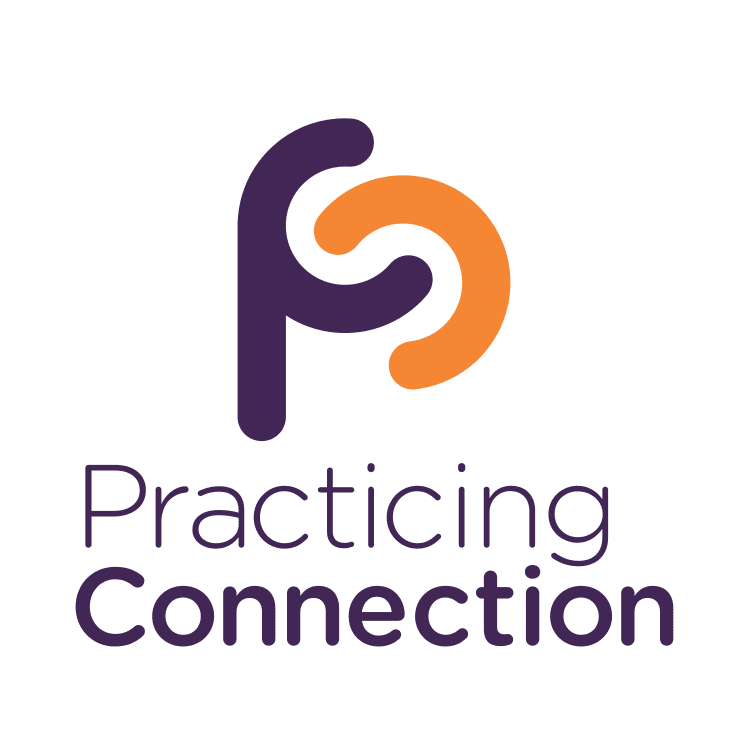Be a Powerful Provider.
This material is based upon work supported by the National Institute of Food and Agriculture, U.S. Department of Agriculture, and the Office of Military Family Readiness Policy, U.S. Department of Defense under Award Number 2019-48770-30366 and 2023-48770-41333.














